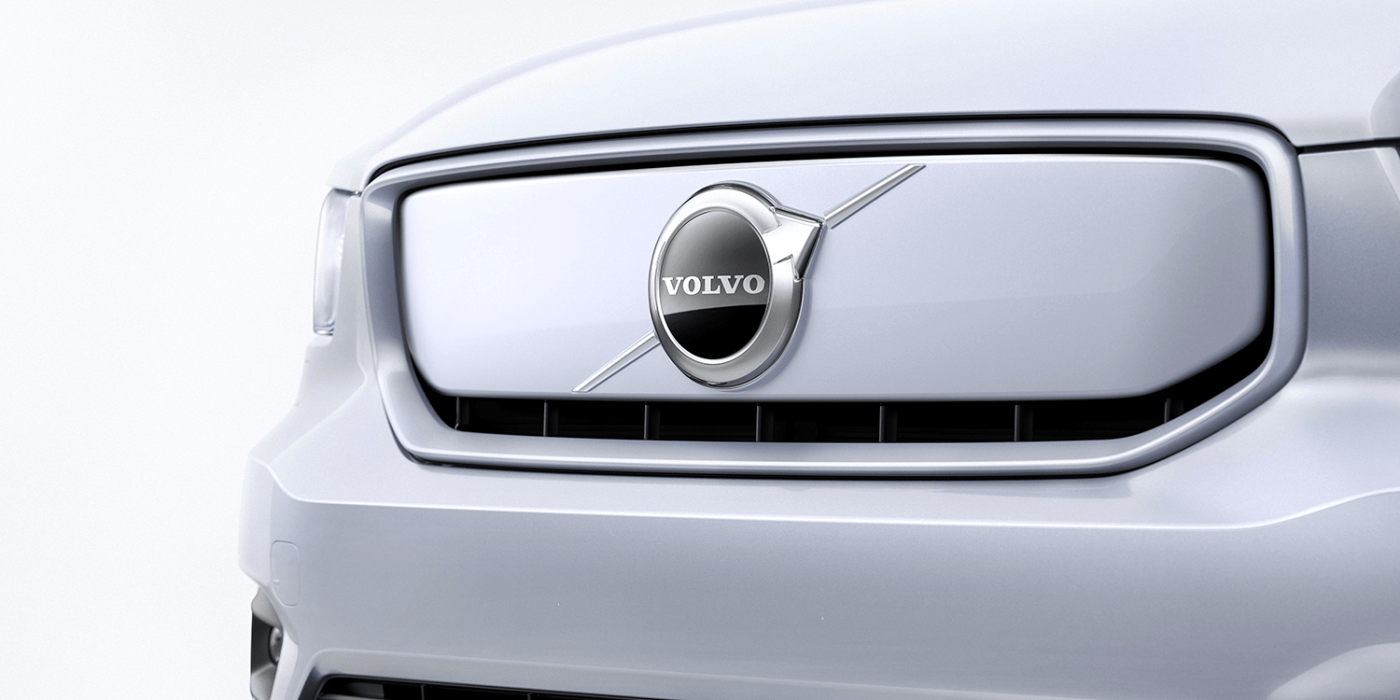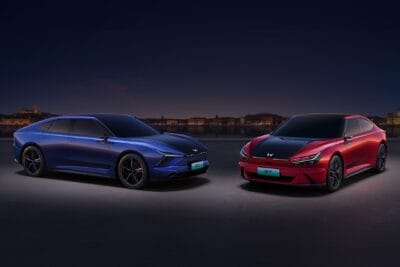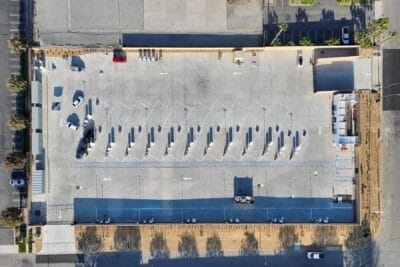Volvo’s Ridgeville plant to go fully electric
The Swedish car manufacturer Volvo Cars will convert its Ridgeville plant in the US state of South Carolina into an all-electric car production facility. The company says that here, the fully electric cars “of the new generation will be built” before Europe and China.
CEO Håkan Samuelsson announced the plant’s ambitions in an interview with Automotive News. The plant, which currently only produces the S60 mid-size sedan, will initially be expanded to include two electric crossovers. As already officially announced, production of the Polestar 3 electric SUV for the US market is to start there next year. In addition, there will be the battery-electric version of the Volvo XC 90.
This confirms rumours at the beginning of 2020 that the electric XC 90 could be built at the Ridgeville plant. It is not yet official whether the all-electric successor to the Volvo XC60, which was announced a few days ago as part of Volvo Cars’ battery joint venture with Northvolt, could also be produced at the US plant from the end of 2024. Details are expected to follow in due course.
The plant, located northwest of the US city of Charleston, was commissioned three years ago. According to earlier statements by the car manufacturer, about 700 million dollars were invested in the site to build electric cars there in the future. According to Samuelsson, it will now be the “first factory in the world to build our new generation all-electric cars – ahead of Europe and ahead of China”. “Charleston will play a very important role in our electrification strategy,” Samuelsson elaborates. “It is a huge investment that we are making here.”
The battery-electric vehicles, based on the company’s proprietary SPA (Scalable Product Architecture) kit, are expected to feature advanced autonomous driver assistance technology. “We have developed new technology, including a completely new architecture that is all-electric,” Samuelsson said.
The electric cars built at the Ridgeville plant in the future will be primarily for the US market, but Automotive News reports that the plant has the capacity to supply overseas markets if needed. At least as far as the electric XC90 is concerned, the factory will initially be the global production centre. From there, the XC90 BEV will be “exported first to Europe and possibly China”, as Javier Varela, head of industrial operations at Volvo Cars, explained. The intention is not to “build a super hub to export from here”, Varela said. “It’s about having a facility that can supply this market and then help supply other markets with flexibility.”
However, since its launch in autumn 2018, the plant has only reached a fraction of its annual capacity of 150,000 vehicles, according to LMC Automotive. Last year, Volvo built fewer than 26,500 S60 midsize sedans in Ridgeville, according to the report.
Polestar, meanwhile, announced in mid-June that production of the SUV model called Polestar 3 for customers is expected to begin in 2022 at the Ridgeville site in the US. Not much is known about the vehicle yet: The Geely-owned Swedish company does not intend to make full product details public until a later date.
Polestar was founded in 2017 by Volvo Cars and Geely Holding. The fact that Polestar shares a production facility with Volvo Cars underlines the significant industrial and financial synergies resulting from the ownership structure, the Swedish company recently stressed. “Production in the US reduces both delivery times and the environmental impact associated with transporting vehicles around the world. It will even have a positive impact on the price of the Polestar 3,” said Dennis Nobelius, COO at Polestar.
The Polestar 3 represents the debut of a new generation of Volvo Car Group’s electric vehicle architecture, designed from the ground up for full electrification. The model will have autonomous driving capabilities and industry-leading connectivity features based on Google’s Android Automotive OS infotainment system.
Also brand new is the news that Volvo Car Group and Northvolt are to form a 50:50 joint venture to develop and produce sustainable batteries. The duo’s central objective is to build a new battery cell factory in Europe with a potential capacity of up to 50 GWh per year. However, the joint venture wants to start with the implementation of a research and development centre in Sweden, which is to go into operation in 2022.
The aforementioned battery cell factory with up to 50 GWh is scheduled to open in 2026 and employ around 3,000 people. The location has not yet been determined, but it is already clear that the products manufactured there will be specifically tailored to power the next generation of pure electric cars from Volvo and Polestar. According to the partners, the first car with battery cells from the new joint venture will be the electric successor to the Volvo XC60 mentioned above. “With self-developed cells for our electric cars, we can focus on giving Volvo and Polestar customers what they want, like range and short charging times,” said Henrik Green, chief technology officer at Volvo Cars.
With reporting by Domenico Sciurti, Germany.





0 Comments